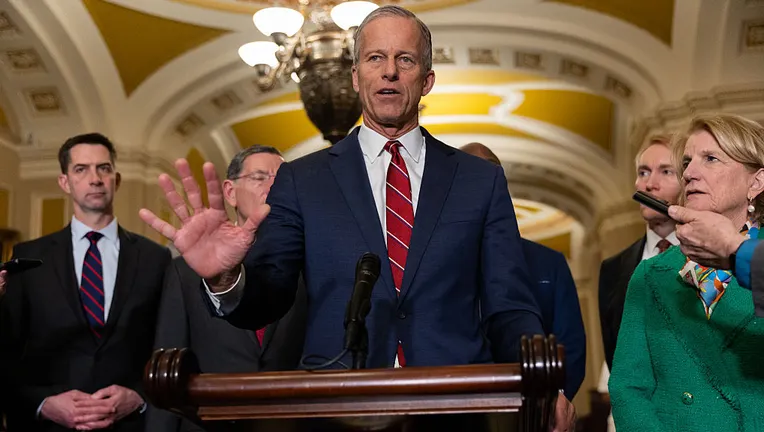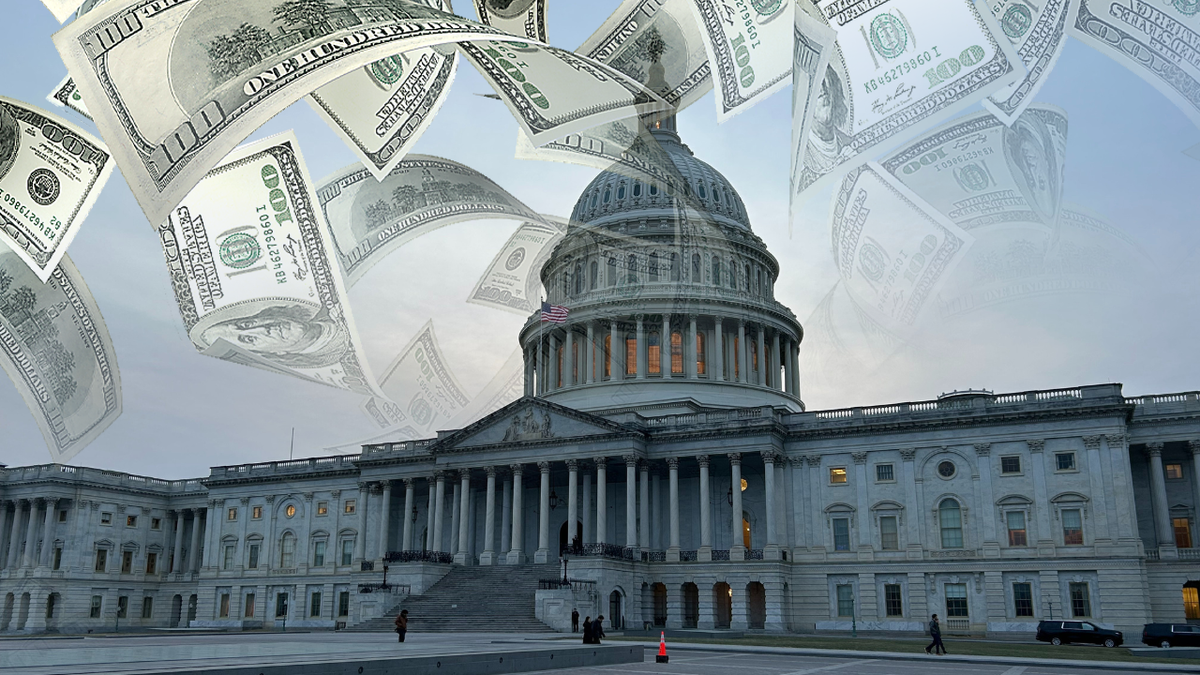One Big Beautiful Bill: Proposed Senate Changes to House Tax Provisions

On Monday, June 16, 2025, the U.S. Senate Finance Committee (Committee) released its preferred vision of proposed tax changes for the budget reconciliation bill Congress hopes to pass by July 4, 2025.
The Senate is considering preparing its own version of the reconciliation bill, in compliance with rules and criteria which would exempt the bill from a super-majority approval requirement.
While the Senate version has many similarities to the U.S. House of Representatives’ (House) One Big Beautiful Bill Act’s (OBBB Act) provisions, there are changes, and the Committee’s tax proposals remain incomplete at this time, despite being 160 pages longer than the entire House tax portion of the OBBB Act (549 v 389).
One section on tax treatment of some international businesses is marked only as “Reserved,” and the released document notes, “further refinements to the text included in the House-passed H.R. 1 with respect to the Trump accounts program continue to be developed and finalized in coordination with the Trump Administration.”
Among the highlights of the Senate’s tax provisions, as distinct from the House OBBB Act, are:
Individual Tax Provisions
 The OBBB Act proposed an increased standard deduction for tax years 2025 through 2028 of $13,000 for individual filers and $26,000 for married joint filers, up from $12,000 and $24,000, respectively.
The OBBB Act proposed an increased standard deduction for tax years 2025 through 2028 of $13,000 for individual filers and $26,000 for married joint filers, up from $12,000 and $24,000, respectively.
The Senate proposal would increase the deduction to $16,000 for individual filers and $32,000 for married joint filers..
The state and local tax (SALT) cap differs significantly. The OBBB Act proposed to increase the cap from its current $10,000 to $20,000 for single filers and $40,000 for married joint filers, phasing down to $30,000 depending on income.
The Senate proposes:
- Retaining the $10,000 cap (although this is one of the provisions subject to ongoing discussion).
- Providing a specific list of taxes subject to the cap, and another of taxes not subject.
- Implementing changes which would prevent taxpayers’ avoidance of the SALT cap.
- Specifying certain payments which substitute for specified SALT cap-subject taxes be considered subject as well.
- Granting the U.S. Department of the Treasury (Treasury) authority to issue regulations intended to prevent avoidance of the SALT cap.
The OBBBA proposed increasing the child tax credit from $2,000 to $2,500 per child, for tax years 2025 through 2028, decreasing to an inflation-adjusted $2,200 after that. The Senate proposes the credit be increased to $2,200, adjusted for inflation, permanently.
Business Tax Provisions
 The Senate proposal would, unlike the House’s version, make 100% bonus depreciation permanent. This would represent an enormous benefit to businesses.
The Senate proposal would, unlike the House’s version, make 100% bonus depreciation permanent. This would represent an enormous benefit to businesses.
The OBBB Act proposed tightening limitations to state and local tax (SALT) cap workarounds used by some businesses.
The Senate has suggested some specific limitations to such workarounds.
For certain provisions which may impact businesses and/or individuals, see the below:
Section 199A
 Section 199A of the 2017 Tax Cuts and Jobs Act (TCJA) allows domestic pass-through business owners to deduct up to 20% of qualified business income (QBI) from their individual income tax returns, subject to certain income limitations.
Section 199A of the 2017 Tax Cuts and Jobs Act (TCJA) allows domestic pass-through business owners to deduct up to 20% of qualified business income (QBI) from their individual income tax returns, subject to certain income limitations.
The OBBB Act proposed upping the ante to a 23% deduction and making the deduction permanent.
Like the TCJA, the OBBB Act would keep owners of SSTBs ineligible for deduction of QBI.
The Senate, too, would make the QBI deduction permanent, but keep it limited to 20% of QBI.
They do not propose, however, excluding SSTB owners any longer, but would phase in applicability for these and other entities subject to the limitation on wages and investments of an increased deduction of $75,000 for individuals and $150,000 for married joint-filers (currently $50,000 and $100,000, respectively).
The Senate bill would also institute a $400-minimum deduction for individuals from active trades or businesses in which they “materially” participate.
These represent only a few highlights and are by no means exhaustive. At this point, we cannot know what any final resolution bill might look like, after the horse-trading between the two Chambers, and with the Administration, concludes.
However, it never hurts to think and plan ahead―and the initial Senate proposals shed at least a little more light on likely tax changes coming.
We invite you to consult Rigby Financial Group’s tax planning experts. We would love to help you assess potential personal and / or business scenarios based on various assumptions and aid your navigation through them.
Please click here to email us directly―our team is always at your service―the reason we’re here at all is to be here for you!
Until next time –
Peace,
Eric
For previous posts on the House OBBB Act, see:
Revised House Reconciliation Bill = Tax Benefits!
Real Estate Investors Benefit via New House Reconciliation Bill’s Tax Changes
